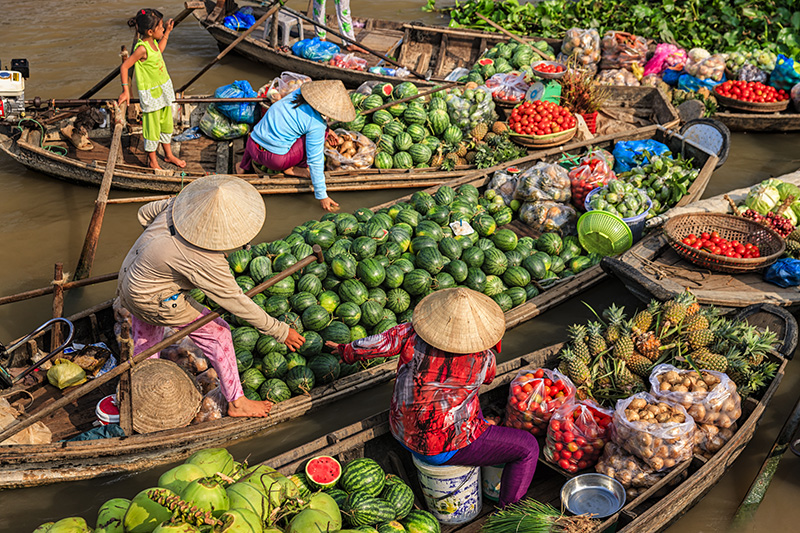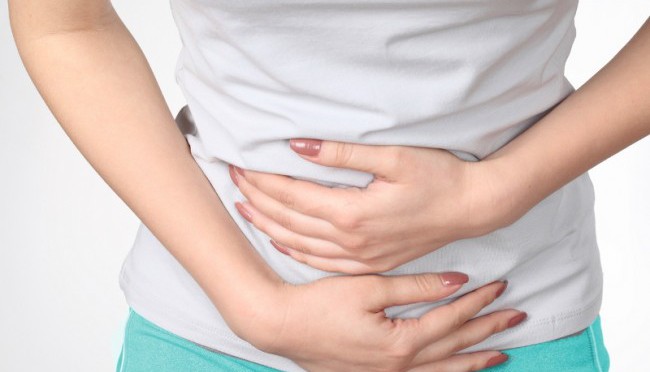Food poisoning, also known as foodborne illness, is a significant public health issue caused by consuming contaminated food or beverages. There have been several high profile cases of mass food poisoning globally including at the headquarters of TikTok in Singapore and a salmonella outbreak in Spain contained within hamburger sauces.
Closer to home, in Ireland, there a was a recent warning of salmonella risk arising from contaminated duck eggs. The Health Protection Surveillance Centre (HPSC) reports thousands of cases of foodborne illnesses each year, with many more likely going unreported. Certain foods carry a higher risk of contamination and understanding these high-risk foods and how to handle them safely is crucial in preventing illness. So, what are the highest risk foods for food poisoning and how do you avoid becoming ill?
1. Raw or Undercooked Meat and Poultry
Risks:
Raw or undercooked meat and poultry are common sources of harmful bacteria such as Salmonella, E. coli, Campylobacter, and Listeria. These bacteria can thrive on the surfaces of meats and, in some cases, can penetrate deeper into the flesh, especially in ground meats where bacteria from the surface can be mixed throughout.
How to Avoid It:
Cook Thoroughly: Always cook meats to the recommended internal temperatures: 75°C for poultry, 70°C for ground meats, and 63°C for steaks and roasts with a rest time of three minutes.
Avoid Cross-Contamination: Use separate cutting boards and utensils for raw meat and other foods. Wash hands, utensils, and surfaces thoroughly with soap and hot water after handling raw meat.
2. Raw or Undercooked Eggs
Risks:
Eggs can be contaminated with Salmonella, a bacterium that can infect the eggs through cracks in the shell or can be present even in an intact egg if the hen was infected. Consuming raw or undercooked eggs, such as in homemade mayonnaise, hollandaise sauce, or desserts like mousse and tiramisu, can increase the risk of food poisoning.
How to Avoid It:
Cook Eggs Until Firm: Ensure that eggs are cooked until both the yolk and white are firm. For dishes containing eggs, cook until they reach 70°C.
Use Pasteurised Eggs: Consider using pasteurised eggs for recipes that call for raw or lightly cooked eggs.
3. Unpasteurised Dairy Products
Risks:
Unpasteurised or raw milk and dairy products made from raw milk, such as some cheeses, can harbour harmful bacteria, including Listeria, E. coli, and Campylobacter. These bacteria can lead to severe illness, especially in vulnerable populations such as young children, the elderly, pregnant women, and those with weakened immune systems.
How to Avoid It:
Choose Pasteurised Products: Always opt for pasteurised milk and dairy products. Check labels carefully to ensure that products are pasteurised.
Store Dairy Properly: Keep dairy products refrigerated and consume them before their use-by dates to minimise the risk of bacterial growth.
4. Shellfish and Raw Seafood
Risks:
Shellfish, particularly filter feeders like oysters, can concentrate pathogens from contaminated water, such as Norovirus and Vibrio species. Raw or undercooked fish, including sushi, can also harbour parasites and bacteria such as Listeria and Salmonella.
How to Avoid It:
Cook Shellfish and Seafood Properly: Cook shellfish and seafood to an internal temperature of at least 70°C to kill harmful bacteria and parasites.
Purchase from Reputable Sources: Ensure that shellfish and seafood are sourced from reputable suppliers who follow strict hygiene and safety standards. Avoid consuming seafood from waters with known contamination issues.
5. Unwashed Fruits and Vegetables

Risks:
Fruits and vegetables can be contaminated with pathogens such as E. coli, Salmonella, and Listeria through contact with contaminated soil, water, or during handling and processing. Leafy greens and sprouts are particularly susceptible due to their growing conditions and the difficulty in cleaning them thoroughly.
How to Avoid It:
Wash Thoroughly: Wash all fruits and vegetables under running water before consumption, even if they will be peeled. Use a brush to scrub firm produce like melons and cucumbers.
Avoid Cross-Contamination: Keep raw fruits and vegetables separate from raw meat, poultry, and seafood to prevent cross-contamination.
6. Deli Meats and Ready-to-Eat Foods
Risks:
Deli meats, hot dogs, and other ready-to-eat foods can be contaminated with Listeria after processing and before packaging. Listeria can grow at refrigeration temperatures, making these foods particularly risky if not handled properly.
How to Avoid It:
Heat Before Eating: Heat deli meats and hot dogs to at least 70°C before consuming, especially for vulnerable groups.
Store Properly: Store deli meats and ready-to-eat foods in the refrigerator at or below 5°C and consume them by the use-by date.
General Tips to Avoid Food Poisoning
Practice Good Hygiene: Wash hands thoroughly with soap and water before handling food, after handling raw meat, and after using the bathroom.
Proper Storage: Keep perishable foods refrigerated or frozen and store them at the correct temperatures.
Be Mindful of Expiry Dates: Always check and adhere to the use-by dates on food packaging.
Safe Cooking Practices: Use a food thermometer to check the internal temperature of cooked foods. Follow safe cooking practices to ensure all foods are cooked adequately.
Keep a Clean Kitchen: Regularly clean kitchen surfaces, utensils, and equipment to prevent the spread of bacteria.
By understanding the risks associated with these high-risk foods and following proper food safety practices, you can significantly reduce your risk of food poisoning and enjoy your meals with peace of mind.

